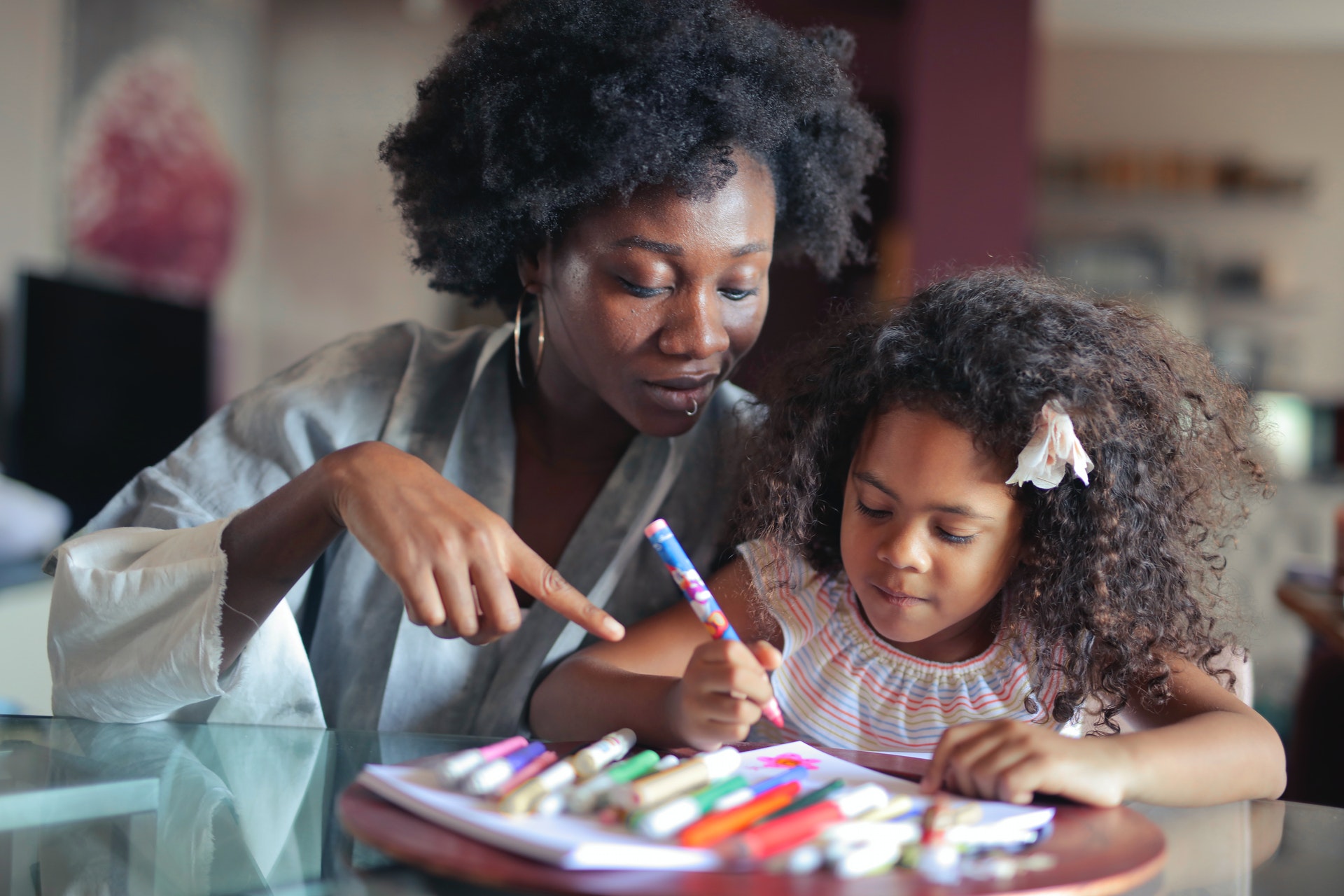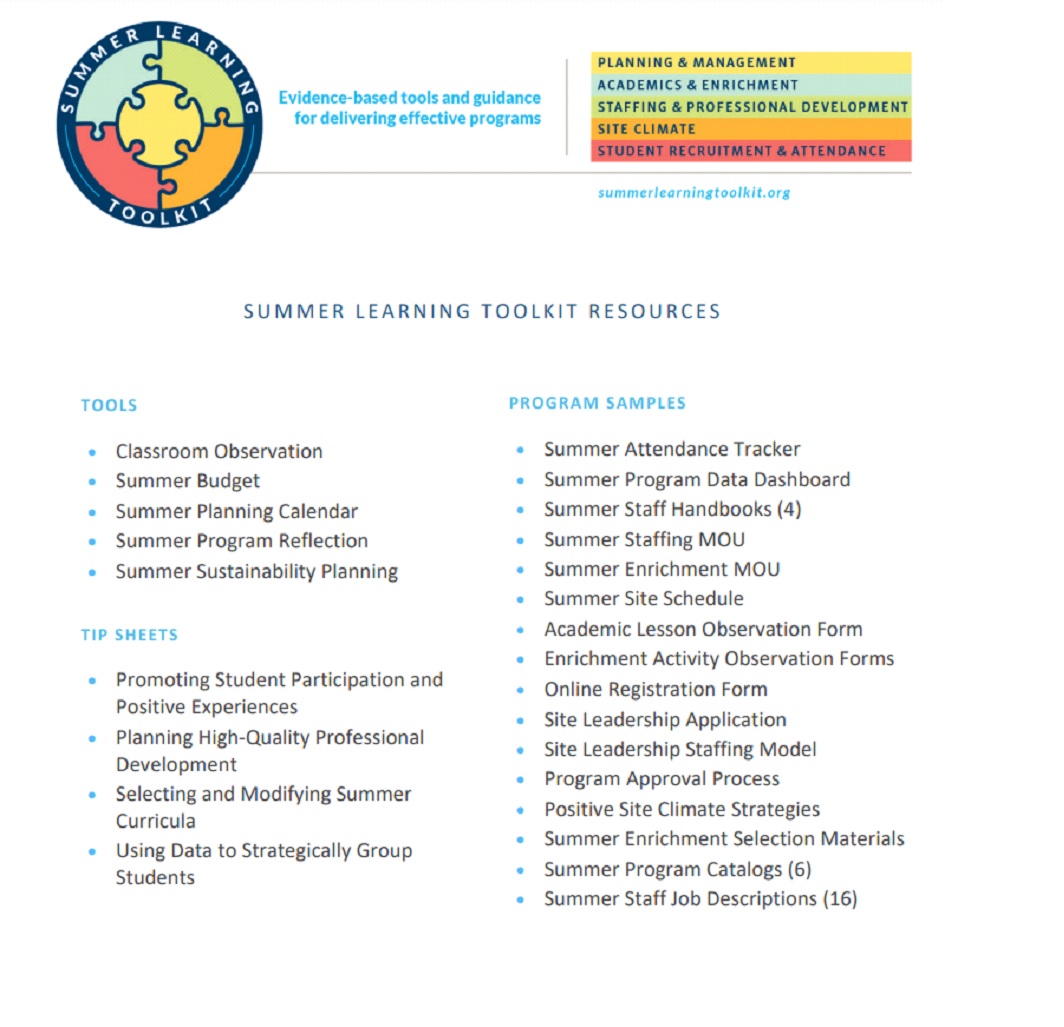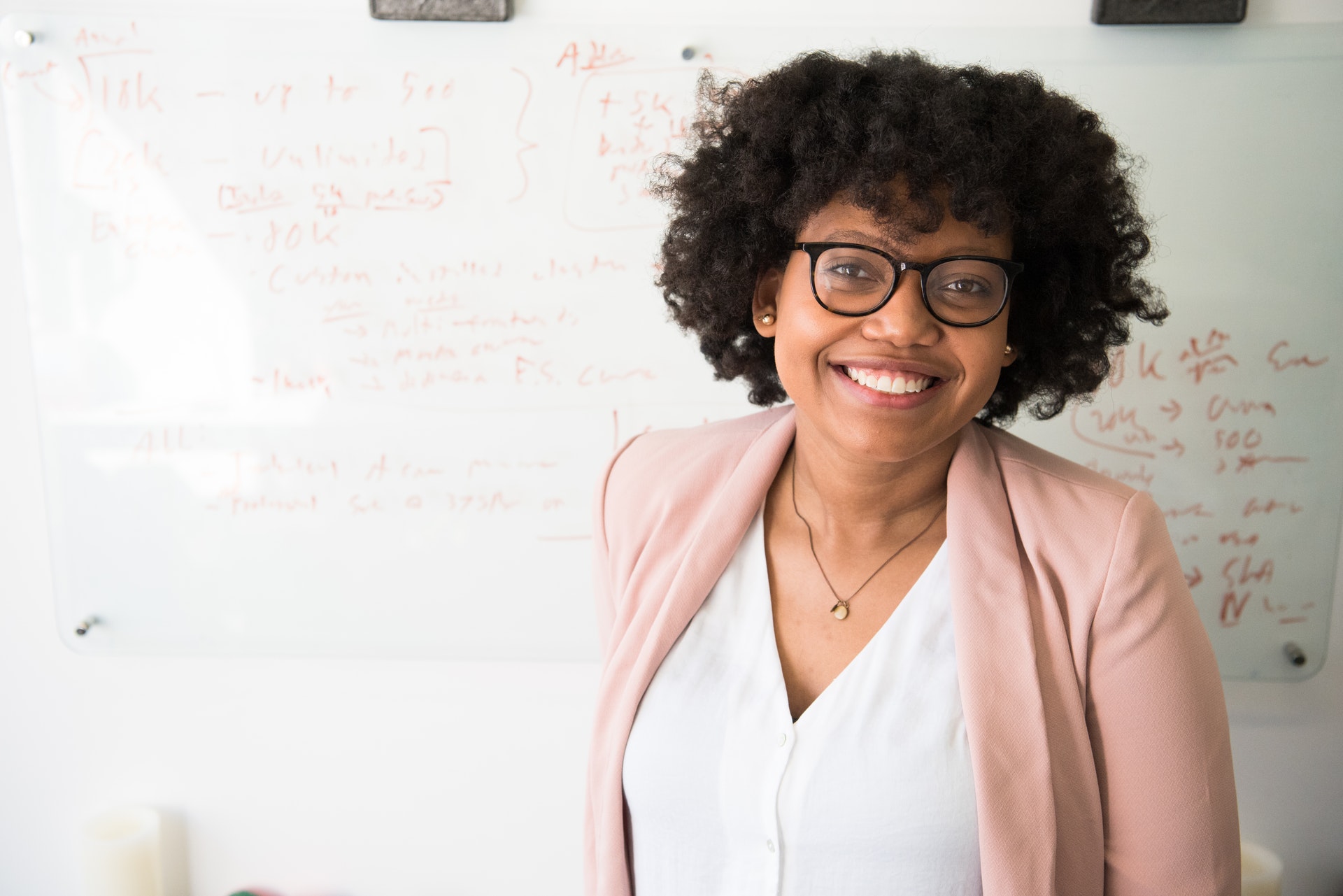Knowledge Center
What Bridge Africa Foundation has been doing so far
Many children in Africa are either unable to attend school due to lack of basic supplies, such as books. At Bridge Africa we have supported schools by providing some of what children need, so they do not feel left out. We have also provided what the school needs to teach effectively. These include
- School supplies – erasers, pens, pencils, notebooks, exercise books, scissors, are for students.
- Teaching supplies are sent to partner schools, helping the schools with much-needed items, like chalk, white boards, white board markers, teachers notebook, teachers guide books as recommended by the government, etc.
- Some food supplies for school breakfast or lunch
Bridge Africa stepped in with some of our Partners to supply basic food. Some of these school Partners are unique, and a God sends as they sometimes provide the only substantive meal of the day for some of their students/children.
Food is its own raw material, a means to an end. In the future, we will partner with organizations able to provide food in the long term, and have focused expertise and funding to supply meals in abundance. We want to put these schools on their radar. Bring them to the focus of the organizations that provide food supplies.
Having a child hungry in school negates the child’s ability to learn. It ties in with what the former US President, Eisenhower declared on July 8th, 1948 when he stood before the UN and spoke out against world hunger.
He said, “when children are starving, how can we in the future expect them to be apostles of peace?”
In our case, we chose to apply this saying to education and the classroom. If children are starving, how does the teacher expect to have peace in the classroom?
Happy children make a happy teacher.
We have also had our hands active in Reading programs, STEAM activities, and Social-Emotional Learning. Read more below.

Don’t be Left out - Join our Writing Competition!!!
SCHOOLS MAY ENROLL 5-10 CANDIDATES – OPEN TO 31ST DECEMBER 2021
Enter a Writing competition to compete with other African schools or colleges.
Your story, “ THE FUTURE AS I SEE IT”. This story may be about yourself, your country, a place, or a thing. You will compete, as a child in an African School/College, with a child from another African country.
Get your school/College on board, to enroll at [email protected]. This competition is only open to ages 12 to 18 years through their school or with permission from an adult parent, for children under 16 years.
Win a Notepad, (1st Price); Trainers (2nd place); or School Supplies (3rd place).
Watch this space for our upcoming Read-A- Thon adventure!!
Educational issues in Africa
Africa is unique, and in mother Africa, you will find children of differing talents and skills. Improvising and making do, and multiplying what they have, is a talent second to none. In African schools and colleges, you will find children and youths with absolute endurance and absolute perseverance. Even in some countries, in the midst of chaos and unrest, those children who are talented when given the opportunity to thrive cannot be held back.
We rarely see the mountain of blessings being created from a mini hill.

Pushing for Quality Reading
When teachers have the discussion guide in hand, they know exactly what to ask to develop and grow a child’s writing, reading, and science skills and knowledge. All that remains is for the teacher to develop an in-depth understanding and planning of how to build “reading time” into the school day.
We provide paper books, which can be downloaded for small school libraries, early learning, and primary or elementary reading programs, with license access.

News on STEM (Science, Technology, Engineering, Math)
When schools closed down, many students in the millions had their lives disrupted in Africa. Whereas in the Western world many options were presented including, delivery of computers for virtual learning by governments, and even more so where initiatives like STEM Learning Ecosystems to help those low-income Americans who lack computers. At the local level, the Leader from Ecosystems has put forward ideas to request local businesses for computers, Wi-Fi campaign initiatives. It is so good to see how progress is being pushed.
In Africa, the initiatives were redundant for the low-income people, who sometimes did not have parents with a phone, or even where there was a phone, there was no access to data for the WIFI to work. Data in some parts of Africa is not something you use sparingly for web browsing based on the cost of replenishment data. However, replenishment does not begin to feature in those rural areas where there are no Wi-Fi or broadband connections for communities to connect online.
At Bridge Africa Foundation, we are continuously looking for ways to combat the lack of internet and computer connectivity, which was the case before COVID, and during COVID. Schools are back in session, but one thing is for sure, the learning GAP created by COVID must be closed. We are working on different ways to achieve this, including with print-out pocketbooks for use after school or during the holidays, and mini STEM now STEAM (Science Technology, Engineering, Art and Math), programs that can be done at home.

Summer Learning
Get the summer Learning Tool Kit
https://www.wallacefoundation.org/knowledge-center/summer-learning/toolkit/pages/default.aspx
The Research published by Wallace Foundation showed that, during summer, low-income students lose ground compared to their wealthier peers. It shows you can use summer months to close the gap too through summer learning programs, to gains benefits you can measure and see in math, reading, and social emotional learning. See the 50 Evidence based tools and guidance for delivering effective programs. Use the Summerlearningtoolkit.org recommended by Wallace here:
https://www.wallacefoundation.org/knowledge-center/summer-learning/pages/default.aspx

News on Social Emotional Learning
A recent report from the Consortium on Chicago School Research concluded that “Students who are equipped with effective learning strategies and possess academic mindsets of belonging, relevance, self-efficacy, and the valuing of effort are most likely to exhibit positive behaviors and the academic perseverance to succeed in their courses” (Teaching Adolescents to Become Learners, 2012).
In Africa, reference to “emotions” is taboo. The honest truth is Social Emotional Learning is not just about emotions. It is a tool for “courage-building” in children. When you give hope, you protect children from their fears of the future and arm them with what they need to go forward. Having a grip on making the right decisions, managing relationships, etc.
We need to teach a child to connect. What does this mean for African kids and youths?. It is that sense of belonging. Not a sense of survival, to thrive on the battlefield of day-to-day life.
Belonging makes you feel you are connected to someone who has your back. If the child is just surviving, then aloneness becomes more prominent, and this can show up in taking drugs just to gain that connection. A child will feel connected if they are seen, heard, and valued.
For example, some of the activities introduced in schools adopting Social Emotional Learning as a way forward is the recognition of children. By greeting them, giving a high five, or a handshake (for those who want to keep it formal), or just asking how they are, as you pass them by in the hallway or school grounds… This is creating a connection.
With younger children, they do not talk the language of pain. They simply engage in mischief, bullying, or hurtful behavior. They have a pain-based behavior.
In our belief, Adults need to learn Social Emotion Learning too. However, we will leave this for another day and simply settle for training to be promoted for adults to equip them to train the children, (Train the adult to train the children).
Here is a good read from the Wallace Foundation. Developing Adults’ Capacity to Promote Social and Emotional Learning Episode 2 | The Wallace Foundation
Social Emotional Learning – Integrating SEL in the classroom
We love the dedication and practical ways listed by Pathway 2 Success in their website- one of the best we have seen.
25 Ways to Integrate Social Emotional Learning
1. Use Journal Writing
2. Use Read Alouds
3. Do Daily Greetings
4. Incorporate Art activities
5. Talk About Managing emotions
6. Give Responsibilities
7. Practice Problem Solving Skills
8. Build community with Teamwork
9. Play Games
10. Teach Active Listening Skills
…………………..and so much more https://www.thepathway2success.com/25-ways-to-integrate-social-emotional-learning

Motivating Leaders
Our Board Member, Dayo Sowunmi is an inspiration as CEO/Founder of the Anode Group. He is also the writer of the book, Leadership is Mental. This focuses on how you can best lead a team as a Project or Program Manager which most of us are, even if our titles say something else.
Please listen to the U tube or Podcast for inspiration on motivating and leading your team or workforce.
https://www.youtube.com/watch?v=jGCrez9Aefc

S1 BONUS EPISODE: An inspiring entrepreneur feat. Dayo Sowunmi (buzzsprout.com)
Interviews and Podcast from our Board Member and Director – Dayo Sowunmi (Also Founder and CEO of The Anode Group)
Motivating Leaders
Take time to read up about education in your country by visiting ESSA – Education Sub Saharan Africa, https://essa-africa.org/node/1441
The Bridge Africa Foundation Portal for Partners
PARTNERS FIND OUT MORE ON LOGGING IN !!
Bridge Africa is adding a networking portal to its new website, specially for its Partners
This is designed to ensure our Partners can learn and work together to improve their practice and can share knowledge on how that may be accomplished. As the saying goes, “Iron sharpens Iron”.
We hope and know in time the portal will illustrate the quality of collaborative interaction and benefits for educators, teachers’ and student learning.
Some Partners are located in countries miles away from others. However, the art of learning and effective teaching remains the same. Bridge Africa Foundation also hopes to share tools and information through the portal and strategies that will be useful.
The portal is also a market place. This follows on from our beliefs in redistribution of wealth, and this includes our partners. What does this entail, making available or sharing resources or information or materials not being used, like footballs, providing tips and insight from great teachers on their knowledge of teachings or recent findings in science or activities from STEM.
We also invite our Partners and their pupils to participate in Writing competition, Readathons, or vocabulary quizzes, open to the public, with quick enrolment for children in Partners schools. Information on our websites will also be made available here for Partners.
About us

Working to ensure African children benefit from a good quality social and academic education.
Follow us on social
Contact us
Get in touch with us:

